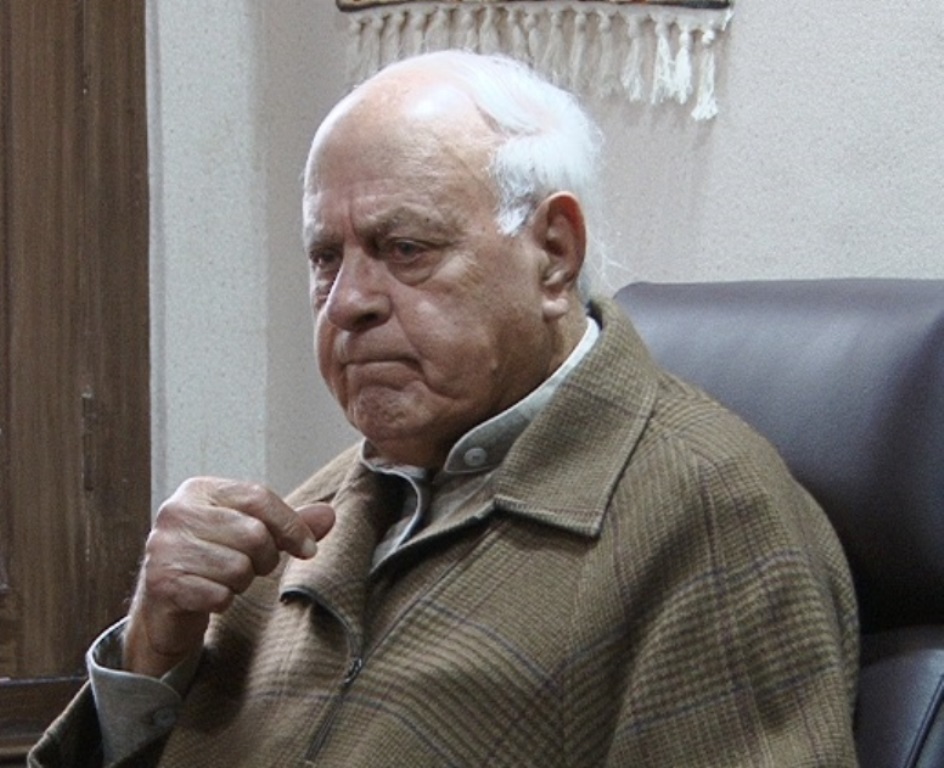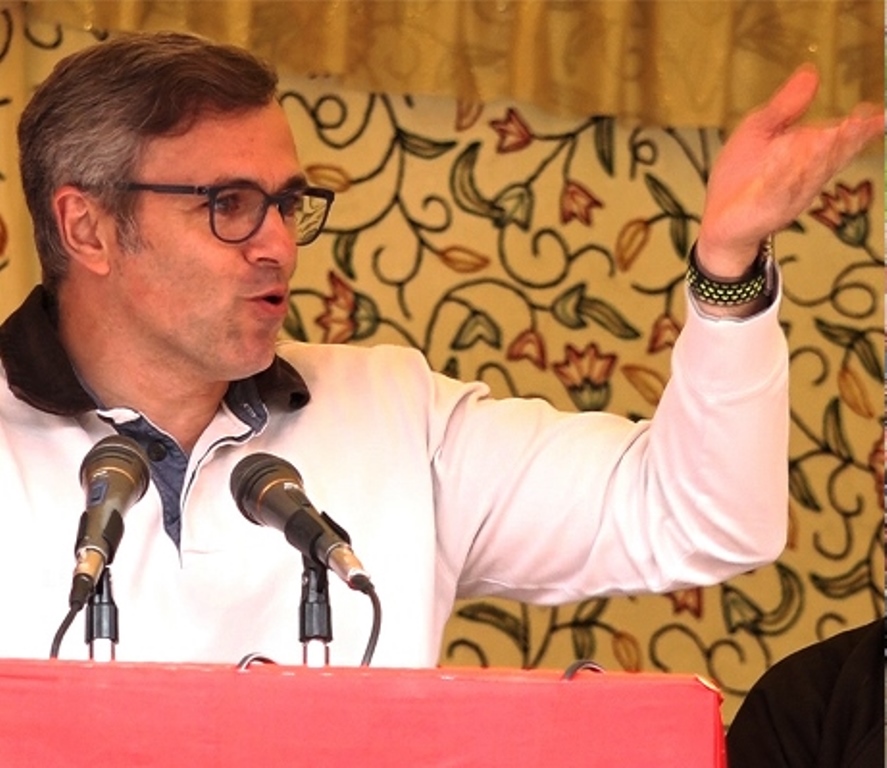SRINAGAR: The Supreme Court Constitution Bench has unanimously upheld the Central government’s 2019 decision to abrogate Article 370, which granted special status to the former State of Jammu and Kashmir.
The bench, led by Chief Justice of India DY Chandrachud, along with Justices Sanjay Kishan Kaul, Sanjiv Khanna, BR Gavai, and Surya Kant, supported the government’s move, citing Article 370 as a transitory provision enacted during wartime.
The decision emerged from a batch of petitions challenging the revocation of Article 370, which had conferred special status on Jammu and Kashmir. The subsequent passage of the Jammu and Kashmir Reorganisation Act led to the bifurcation of the State into two Union Territories – Jammu & Kashmir and Ladakh.
The Court, in three judgments, emphasized that Article 370 was intended for temporary purposes due to wartime conditions in J&K, placed in Part 21 of the Constitution. It rejected the argument that the absence of the Constituent Assembly meant Article 370 would endure permanently, asserting the President’s authority to abrogate it.
“Article 370 was for a temporary purpose because of war conditions in the State. Textual reading also shows it is a temporary provision and thus it was placed in part 21 of the Constitution,” the Court said.
The lead judgment declared that Jammu and Kashmir lost internal sovereignty after acceding to India in 1949. It emphasized that the state’s integration into India was evident from the Constitution, dismissing the notion of internal sovereignty.
“We hold Jammu and Kashmir does not have any internal sovereignty after accession to Union of India. By issuance of proclamation, para 8 of Instrument of Accession ceases to exist. Neither constitutional text states that Jammu and Kashmir had any internal sovereignty. The proclamation by Yuvraj Karan Singh in 1949 and the Constitution thereafter, cemented it. The state of J&K became an integral part of India is evident from Article 1 of the Constitution of India,” the Court held.
The Court refrained from ruling on the validity of the Jammu and Kashmir Reorganisation Act, noting the Solicitor General’s assurance that statehood would be restored to J&K. It directed the Election Commission to conduct assembly elections by September 2024, aiming for the restoration of statehood.
“We direct that steps shall be taken so that elections are held in the Legislative Assembly of J&K by September 2024 and statehood shall be restored as soon as possible,” the Court ordered.
The decision followed a 16-day hearing that began on September 5, with over 20 petitions challenging the government’s actions. The petitioners, represented by senior lawyers including Kapil Sibal, Gopal Subramanium, Rajeev Dhavan, Dushyant Dave, and Gopal Sankaranarayanan, argued that the move undermined federalism and was a constitutional fraud.















